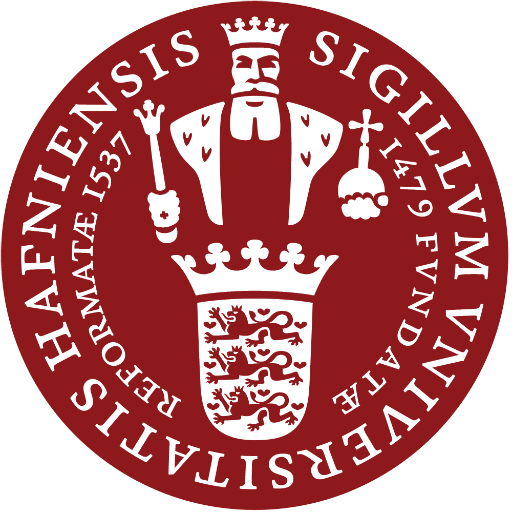Summer school in Scandinavian Manuscript Studies
Two-week intensive courses in working with medieval and early-modern Scandinavian manuscripts
The summer school in Scandinavian Manuscript Studies is a collaboration between the Department of Nordic Studies and Linguistics at the University of Copenhagen, the Árni Magnússon Institute for Icelandic Studies at the University of Iceland and the National and University Library of Iceland. It affords students a unique opportunity to gain hands-on experience working with manuscripts under the guidance of researchers from the three institutions.
Consisting of lectures, workshops, excursions and special presentations, the summer school offers its participants basic training in palaeography, codicology and transcription of manuscripts, as well as in-depth workshops on editorial technique and textual criticism.
Student target group
The courses, which will comprise both lectures and practical sessions, are intended chiefly for graduate students (MA/PhD-level) but may also be of interest to more established scholars hoping to improve their manuscript reading and editorial skills. Some background in Old Norse is essential. Familiarity with one or more of the modern Scandinavian languages, while a distinct advantage, is not required, as all teaching will be in English.
Teaching methods
The summer school consists of three courses/modules each of which requires an increasing level of knowledge of and experience in working with manuscripts. Each module is worth 7,5 ECTS credits, and is it therefore not possible to take more than one module each year.
The modules are:
1) Reading and Working with Manuscripts. A basic module, focusing on palaeography, codicology, manuscript description and transcription.
2) Theory and Practice of Scholarly Editing. An advanced module, focusing on editorial technique and the theory and practice of textual criticism; to qualify for the latter one must normally have successfully completed the former.
3) Preparing an Edition. A Master class for those who have completed the basic and advanced modules and want to try their hand at preparing an edition of a previously unedited text.
Workload
The workload amounts to a total of 210 hours, equalling 7,5 ECTS.
This includes preparatory reading before the beginning of the summer school.
Learning outcomes
Upon successful completion of the summer school, participants will have obtained
Knowledge and understanding of
- Palaeography: different script types used in medieval and early modern Scandinavia (from Carolingian minuscule to Gothic types of scripts), their development, and their characteristic letter shapes
- Abbreviations in written scripts, recognising them and expanding in a meaningful way
- Codicology: describing a medieval codex, knowledge about the production of books in the Middle Ages and early modern times (the different stages and people involved)
- Differences between West-Norse and East-Norse manuscripts and scripts
- History of edition from traditional philology (Lachmann) via Bédier and Cerquiglini to New/Material philology
Skills in
- Reading and transcribing texts in medieval scripts
- Identifying different script types and giving a relative dating
- Locating and identifying the numerous manuscript witnesses (copies) of a certain work
- How to collate manuscripts for variants (variant apparatus)
- How to make a stemma codicum
Competences in
- Working with manuscripts in modern collections
- Describing medieval manuscripts, their form and function
- Theory and practice of scholarly editing
- Technical realisation of edition work/project management
- Preparing an edition of a previously unedited text
Examination
Students will be asssesed throughout the courses, based on active student participation consisting of:
- 80 % attendance of the total number of instruction classes
- active participation in the discussions, assignments and group work during classes
- final oral presentation usually in groups (Module 3/Master class only).
Tuition fees
For information on tuition fees for MA students, please visit the Faculty of Humanities summer school website.
PhD studens participate for free.
Information on living costs and costs of accommodation is available at the UCPH website for international students.
How to apply
Deadline for application 1 April 2019.
Applicants must fill in the application form and submit it.
PhD students must apply through the PhD School at the Faculty of Humanities: phd@hrsc.ku.dk.
For more information click "LINK TO ORIGINAL" below.
This opportunity has expired. It was originally published here:
https://haandskrift.ku.dk/summer-courses/
